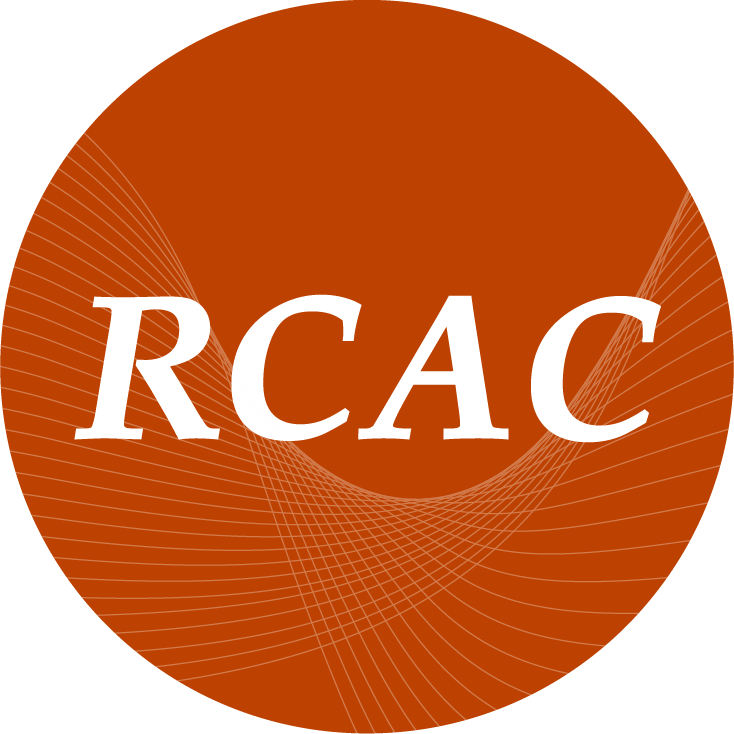Our work concerns the fundamental mechanisms of human epithelial tumorigenesis. We focus on the p53 gene family, members of which are among the most prominent genes in human cancer biology. The recent identification of two p53-related genes, p63 and p73, has provided new insight into the diverse functions of this gene family in development and cancer. We are currently using multiple approaches to understand the biochemical properties of the p63 protein, its interactions with p53 and p73, and its functional role in development and cancer. We showed that triple-negative breast cancer (ER, PR and HER2-negative) specimens express increased amounts of p63 and p73. p63 was shown to bind p73 and prevent it from killing the cancerous cells. Importantly, the chemotherapeutic drug cisplatin, but not other commonly used chemotherapeutic drugs, was found to release p73 from p63, causing the cells to be killed. This study indicates that individuals with triple-negative breast cancer might benefit from early treatment with cisplatin if their cancerous cells express increased amounts of p63 and p73.
Our success in defining novel functional interactions within the p53 family provides new therapeutic possibilities for a variety of treatment-refractory malignancies. We are currently developing high-throughput approaches to identify specific therapeutic targets within the critical pathways we have uncovered. Through collaborations with academic and industry partners we seek to rapidly develop and test the new treatments that may emerge based on our basic science discoveries.













